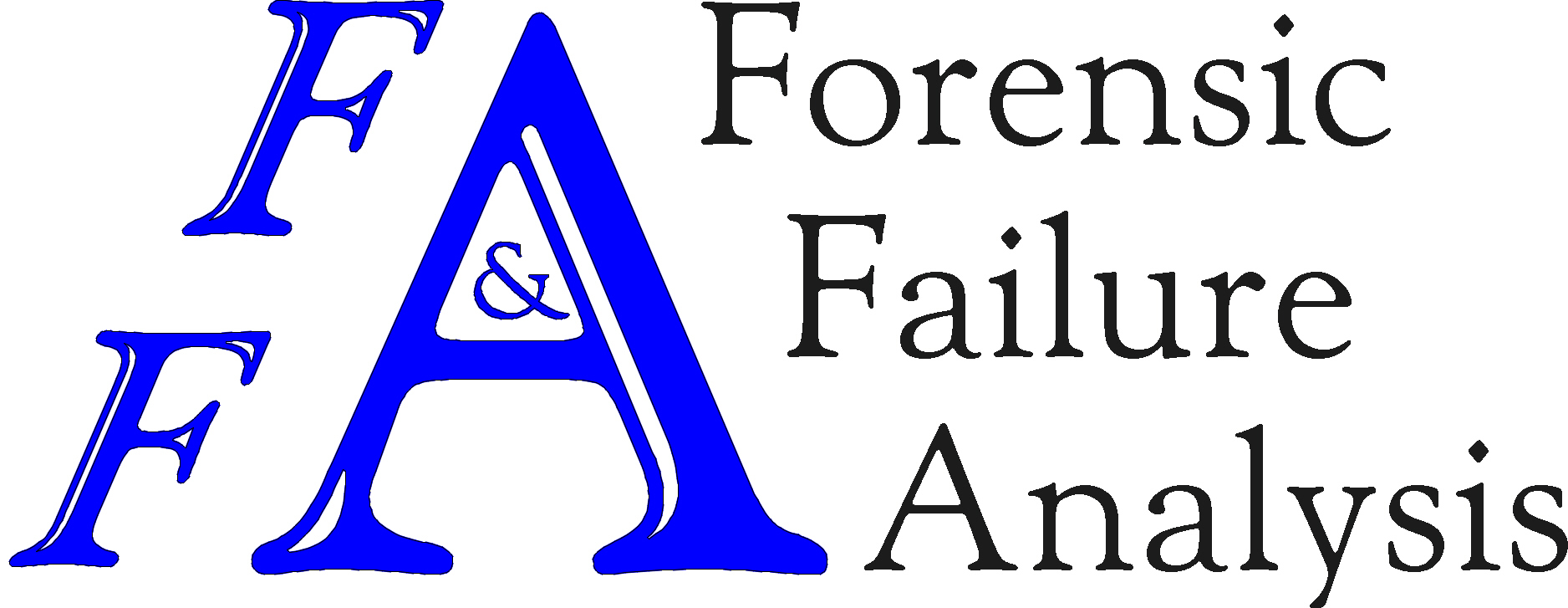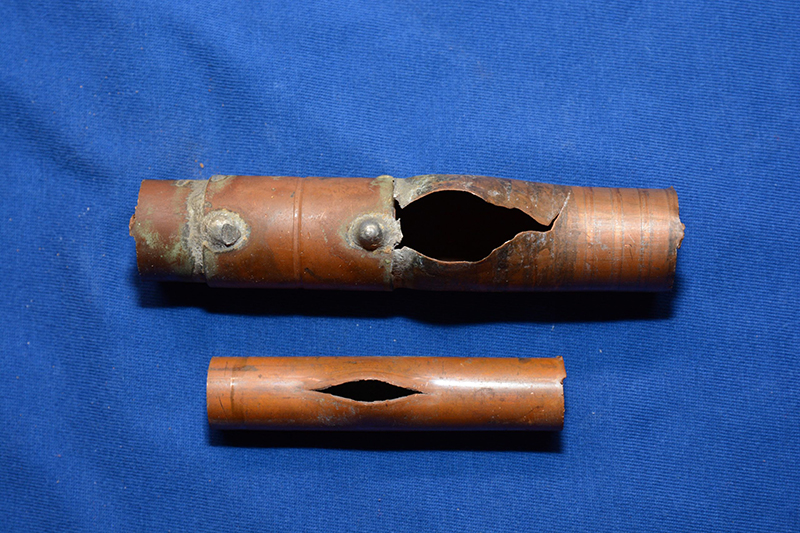Water Loss
Water Loss for Insurance and Legal Cases
Water Loss is fugitive water that escapes from an infrastructure that causes damage to residential or commercial property. This can include direct water damage, mold damage, or damage to electronics, machinery, or other equipment. Forensic Failure Analysis works to discover the origin, or the root cause, of the water loss.
Why Work with FFA?
Forensic Failure Analysis has over 15 years of experience in quickly and efficiently determining the causes of water losses across New York State. Our team of forensic experts and engineers is well-versed in both internal and external water losses as well as residential and commercial water losses.
We can provide legal support for:
- Root Cause Investigations
- Extent & Duration Findings
- Building Envelope Assessments
- Repair Advisement
Failed Water Pipes
Our Process
FFA prides itself on quick response times. We realize it’s crucial to get to the scene as soon as possible to collect evidence before changes are made or repairs are done. Our typical process includes:
Site Exam
Research & Testing
Evidence Examinations
Written Report
During the site exam, we will document the loss location and collect the physical evidence necessary to prove the cause of the specific water loss.
While conducting our research and testing in the laboratory, we may conduct the following:
- Operational testing of appliances and heating systems under controlled pressure parameters (water/gas pressure)
- Hydrostatic testing of devices over 500 psi is available
- Thermal Chamber testing of thermostats
- Examination of pipe/tubing failures using microscopy and radiographic techniques to determine if it was a material failure
- Examination of supply tube and hose connections for manufacturing issues or installation failures
Types of Water Losses
There are typically three main types of water losses that can occur. FFA has experience in determining the origin, extent, and duration of all three types.
1. Freeze Loss
- Change in long-term heat. For example, lowering the heat when you leave for vacation during the winter.
- Change in building envelope from renovation or damage.
- Design flaw in new construction. For example, if the thermal envelope was poorly designed and constructed, the plumbing below the ground can freeze.
- Water infiltration from water municipal water supply (main break)
2. Product or Material Failure
This type of water loss may be the result of poor installation, faulty materials, or product malfunction.
Common examples include:
- Appliance failure: Dishwashers, washing machines, ice makers, refrigerators, air conditioners, hot water heaters, and water filters. Over time, wear and tear can cause malfunctions. New machines can have problems, too, if they were not installed properly or they were produced with defective parts.
- Piping and tubing failure: This can be due to poor installation or material deficiencies. Examples include: Crimp, solder, or shark-bite style connector failures. It can also include toilet or sink supply hose failures.
- Sprinkler activation: When sprinklers are set off inside of a building, intentionally or not, the damage can be monumental. FFA determines if there was a true threat of fire, if the sprinkler malfunctioned, or if there was human involvement.
- Human-involved losses: This includes accidental or malicious damage. Examples include: Cutting pipes or tubes to collect insurance payments, etc.
3. Overpressurization and Other Causes
This type of water loss is far less common than freeze loss and product/material failure. Other more unusual and less common types of water losses also exist.
Please contact us to discuss the specifics of your case.
If you’re adjusting or litigating a water loss right now, please reach out to us at 315-451-3400 or Contact Us. We’ll get you through this difficult and frustrating time. Or, if you just have some general questions about water loss, we’d love to hear from you as well.
Notice:
The information provided by Forensic and Failure Analysis (FFA) to clients, colleagues, potential clients, and others for educational and informational purposes only. No explicit or implied content accuracy or applicability guaranteed to the reader for a specific case or circumstance. This information is not intended to provide expert opinions or create a legal relationship. You should not take, or refrain from taking actions based on its content.

